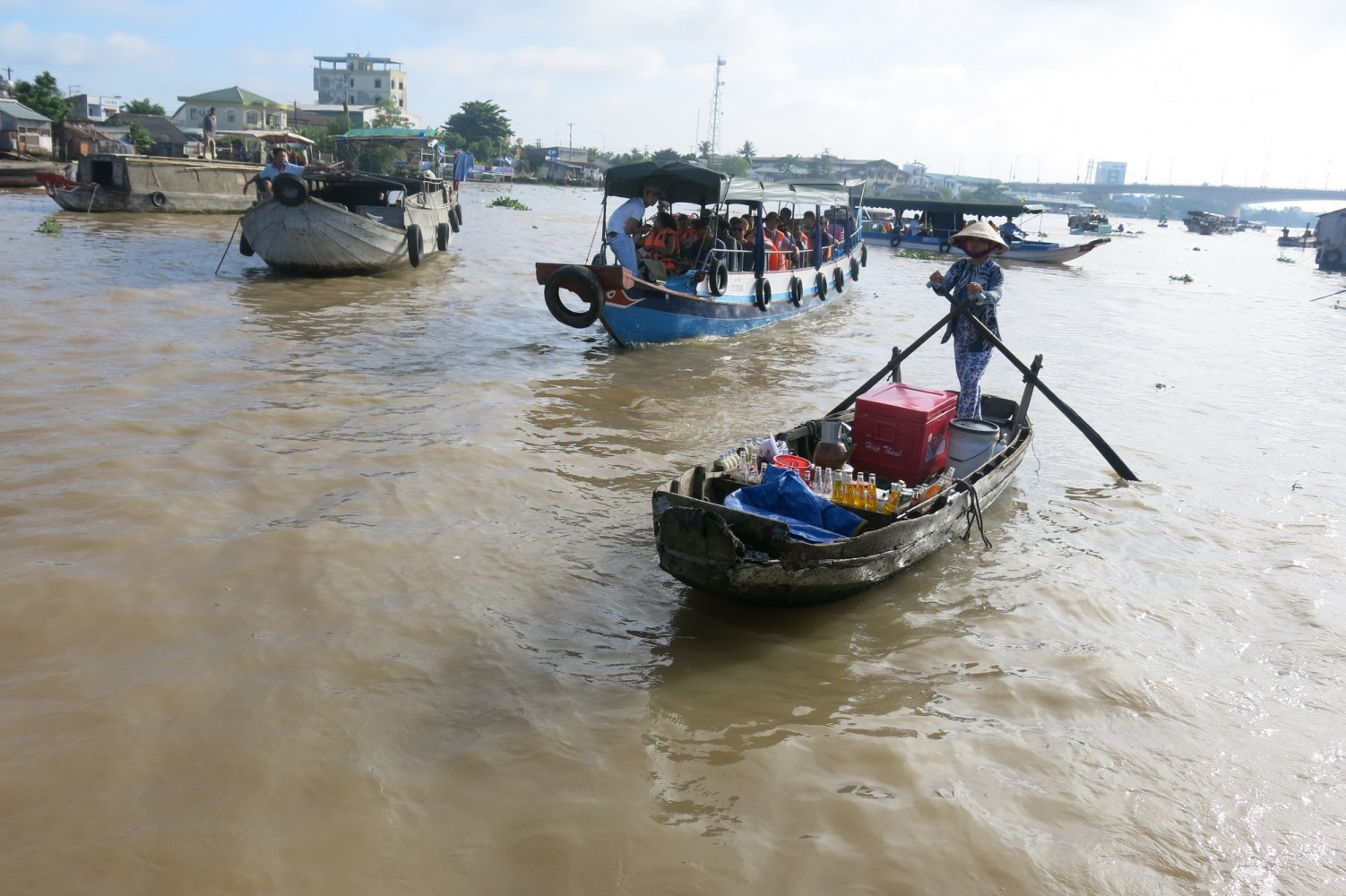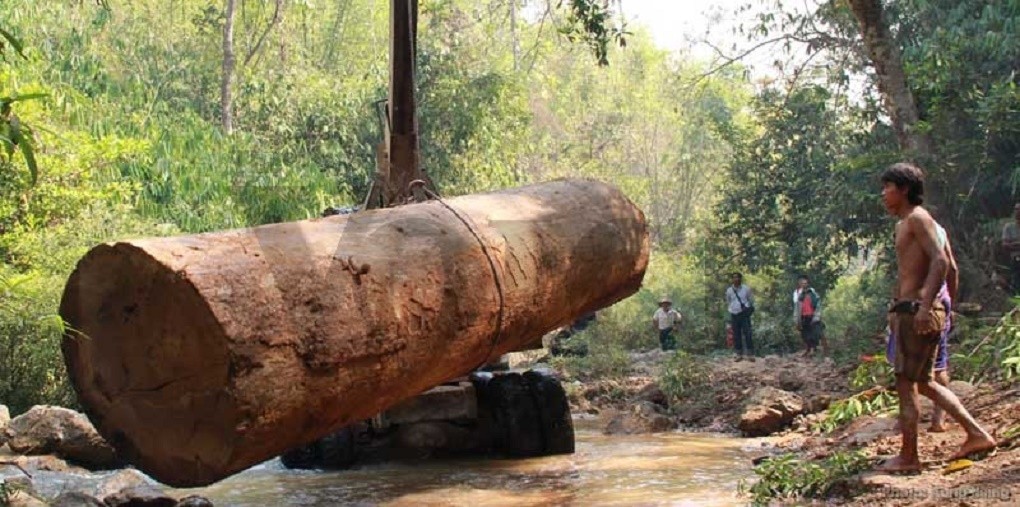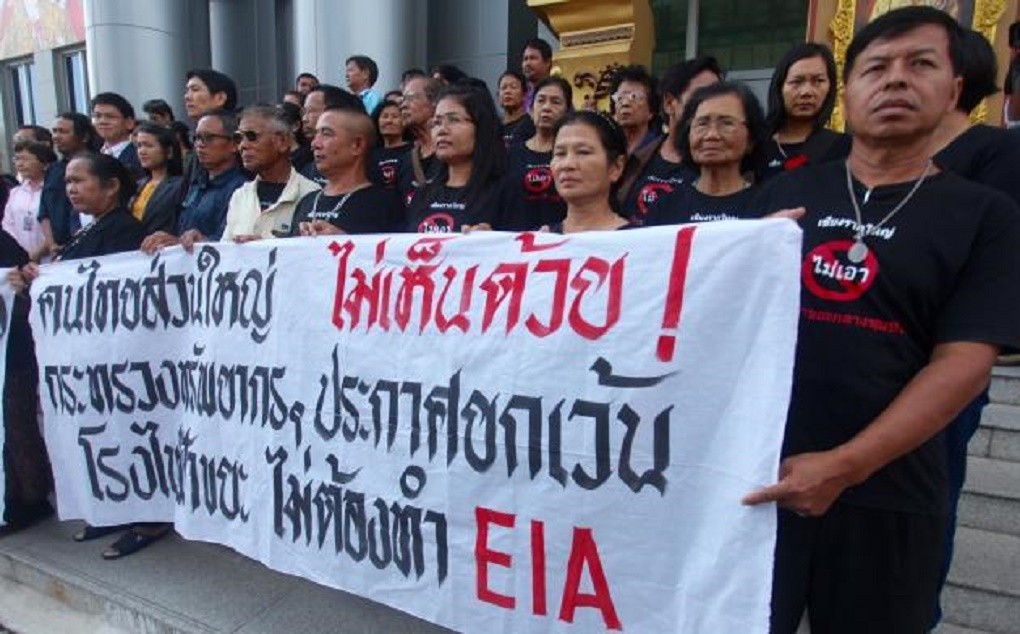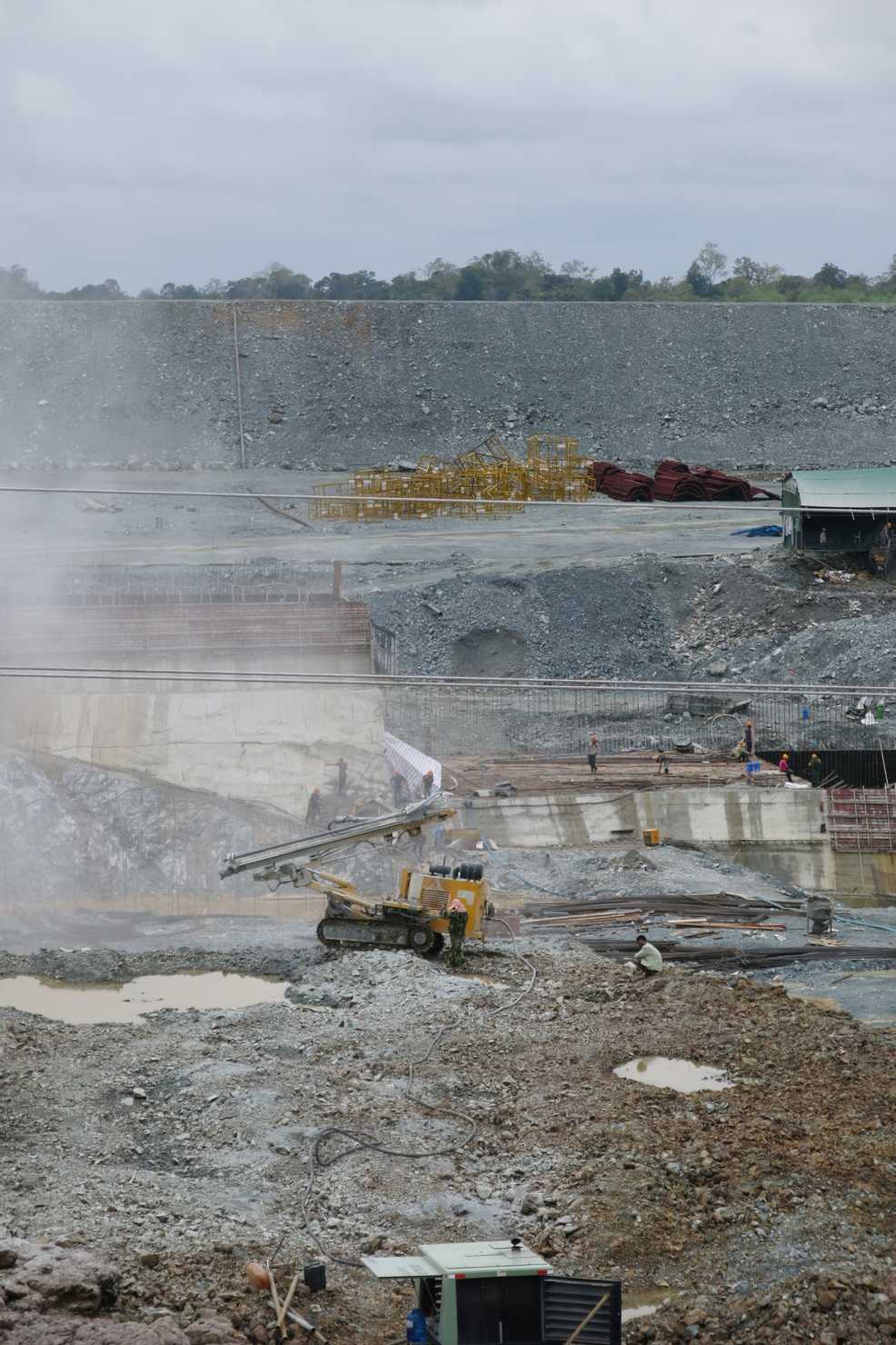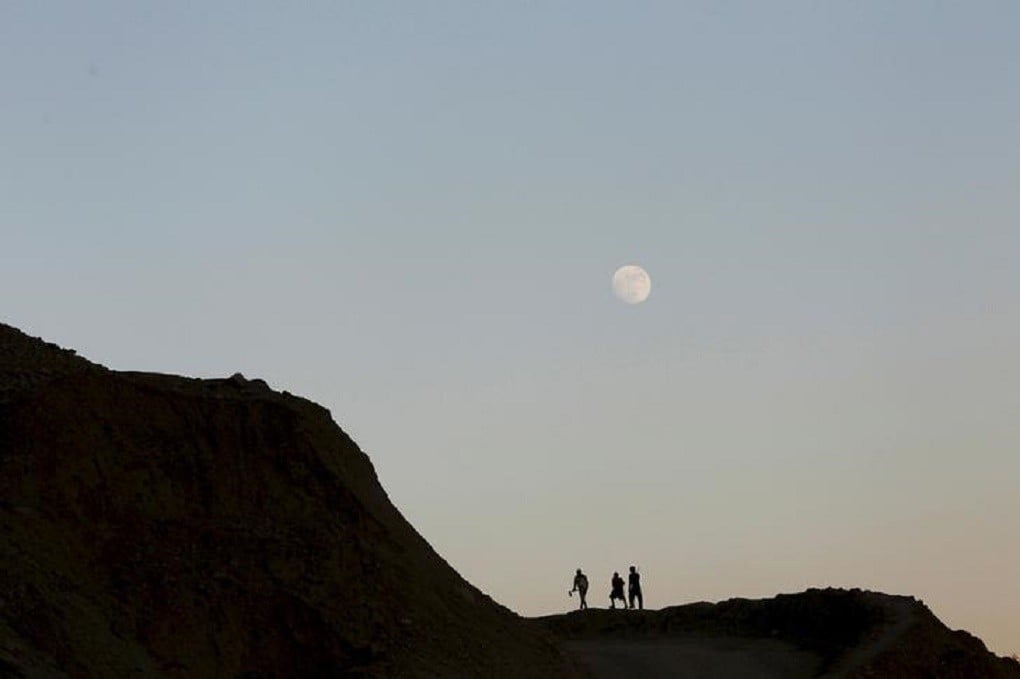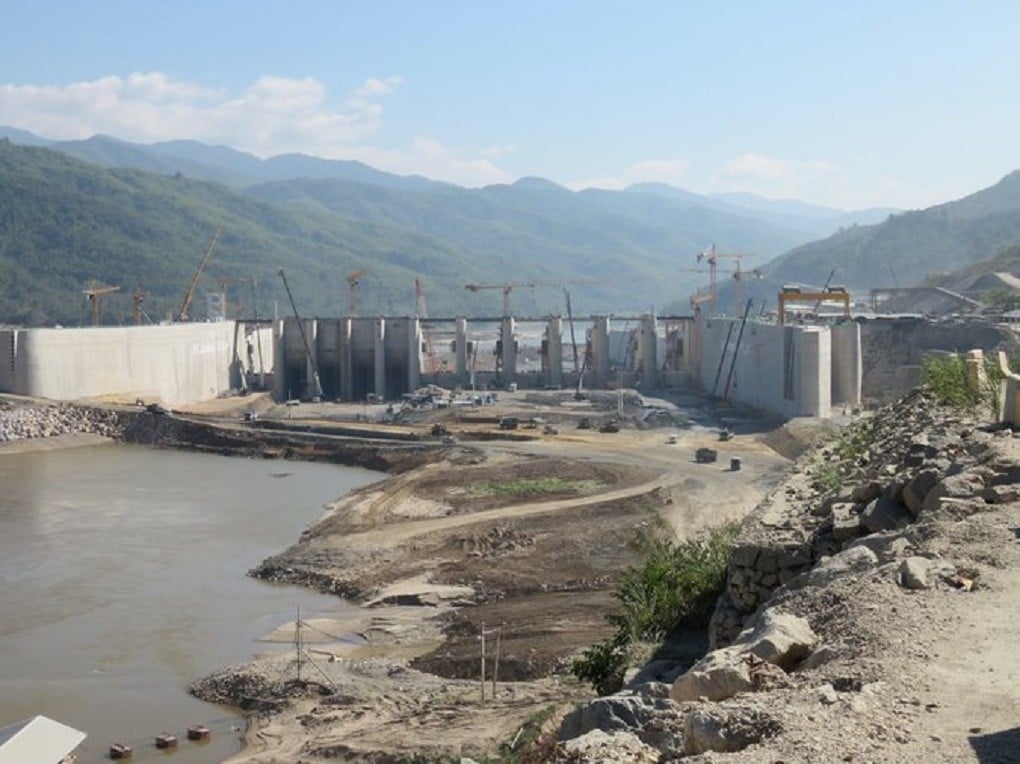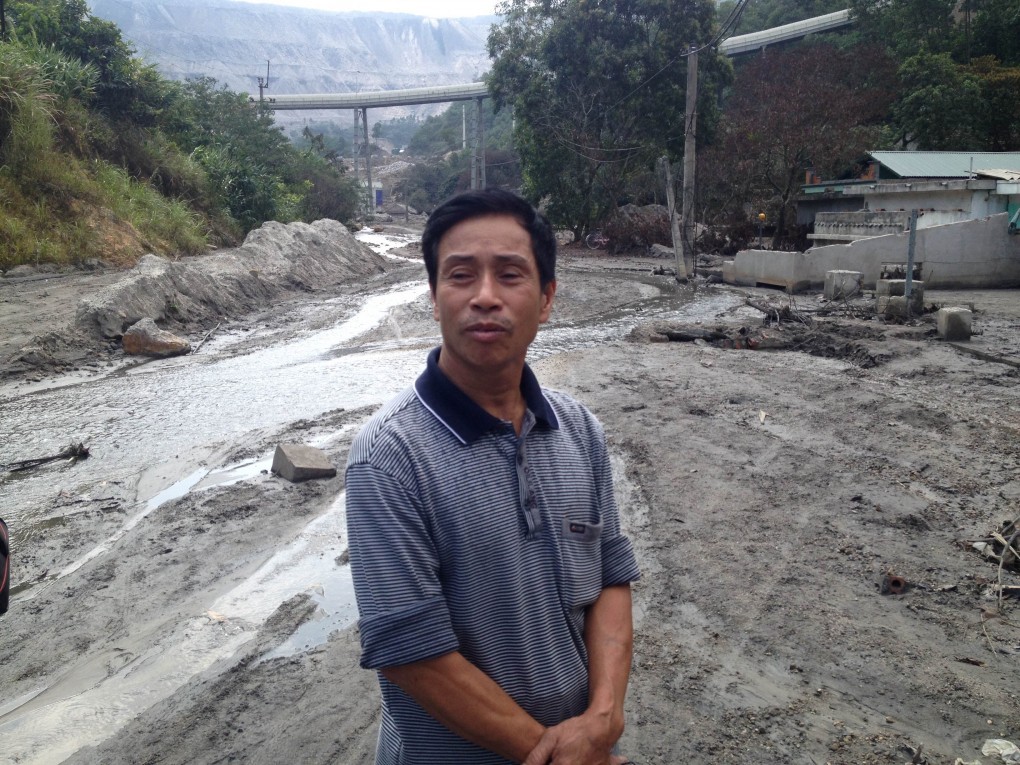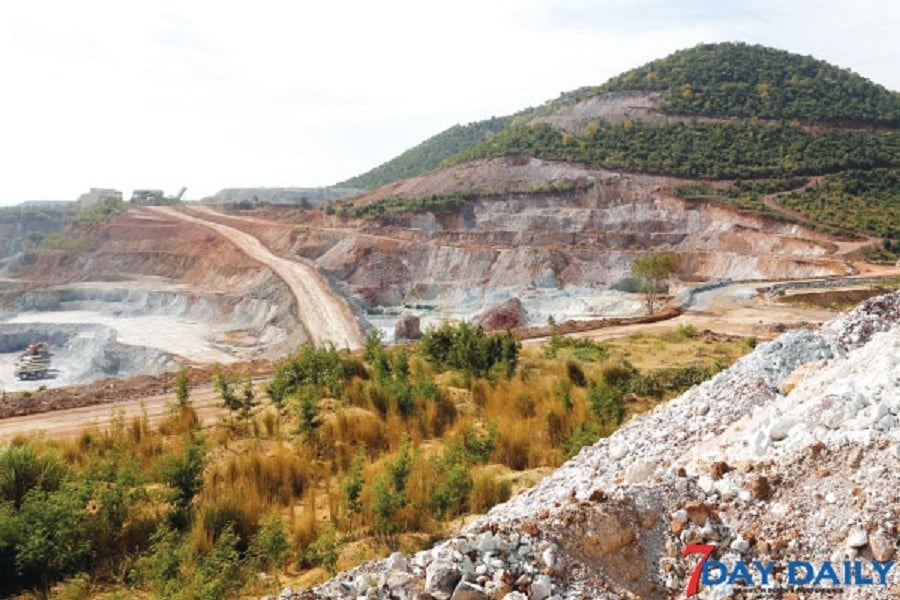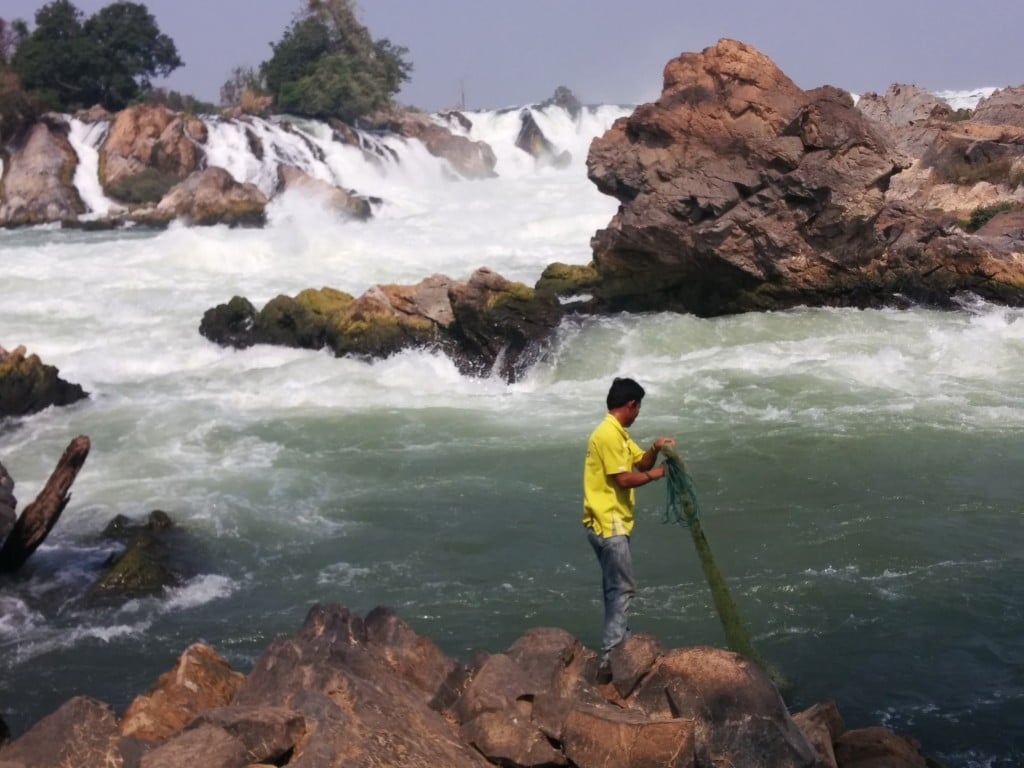The construction of mainstream dams on the Mekong River pose significant environmental and social impacts for riparian communities in Cambodia and Vietnam. Vietnam National Mekong Committee’s Mekong Delta Study – set to be released in December 2015 – preliminarily predicted that hydropower dams will eliminate approximately 50 percent of fish catches in the region, which poses food security, public health, and economic crises in both Cambodia and Vietnam.
Category: Region
Selected environmental stories from media outlets in the Mekong region and beyond.
What could we expect from the newly elected government (in environmental sector)?
The Voice The legislation in the environmental sector is so weak under the current government. And especially in implementation and monitoring processes. And the by-laws and procedures are still so slow in legal process”, said Mr. Soe Thura Tun from the Myanmar Environmental Institute. “The investors do not follow the laws and regulations, but we […]
Villagers fight waiver of EIA for power plants
REPRESENTATIVES of people from seven provinces yesterday filed a complaint with the Central Administrative Court in Bangkok calling on the Natural Resources and Environment Ministry to revoke its announcement waiving environment impact assessments (EIA) for waste-fired power plants.
Climate initiatives must not include large hydropower projects – NGOs
In a global manifesto released on the 3 December, a coalition of more than 300 civil society organizations from 53 countries called on governments and financiers at the Paris climate talks to keep large hydropower projects out of climate initiatives such as the Clean Development Mechanism, the World Bank’s Climate Investment Funds, and green bonds.
Environmentalists Hope for Stronger Safeguards under NLD
In the wake of recent disasters that have shone a light on the human toll wrought by a lack of environmental and development-related safeguards, local activists are hoping to reverse Burma’s abysmal environmental protection record when a new government assumes office in March next year.
In July and August, swaths of the country were inundated by severe flooding, which in some areas triggered deadly mudslides, exacerbated in part by deforestation. Less than a week ago, a landslide near a jade mine in Kachin State’s Hpakant Township claimed more than 100 lives when a man-made mountain of earthen waste collapsed on workers’ makeshift huts.
Heading Off Negative Impacts of Dam Projects
Hydroelectric dams grace bank notes in developing countries, from Mozambique to Laos, Kyrgyzstan to Sri Lanka, a place of honor reflecting their reputation as harbingers of prosperity.
Mekong Dolphin Extinction, Hydropower and Climate Change
Scientists for the Mekong offer this article to inform the public, the delegates at COP21, and decision-makers worldwide about the impacts of hydropower development on the Lower Mekong River, and the serious repercussions for 60 million people in SE Asia. This article provides an overview of the many significant environmental and social impacts of hydropower dams on the Mekong River basin.
Vietnam bets on coal power despite rising risks
As China bans coal at home, it is investing in a slew of coal-fired power plants in Vietnam, new capacity that is a potent threat to the country’s air, water and people
How could we do better EIA/SIA?
“The investors have just submitted to MIC, but most of the projects are already started (on the ground). Rules and regulations are just follow-up activities and EIA/SIA is just for ticking the box”
UN Watercourses Convention: Can it revitalise the Mekong Agreement 20 years on?
International rivers, such as the Mekong, are crucial arteries carrying the lifeblood of freshwater that sustains human existence and ecosystems around the world.


